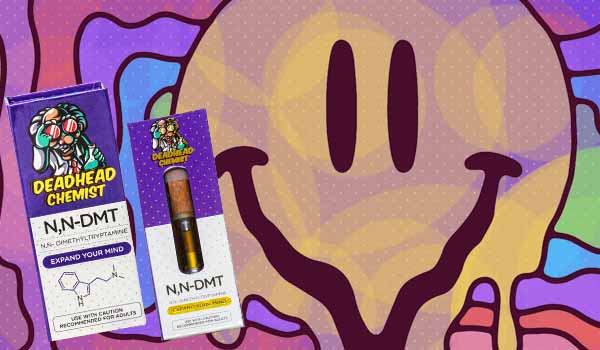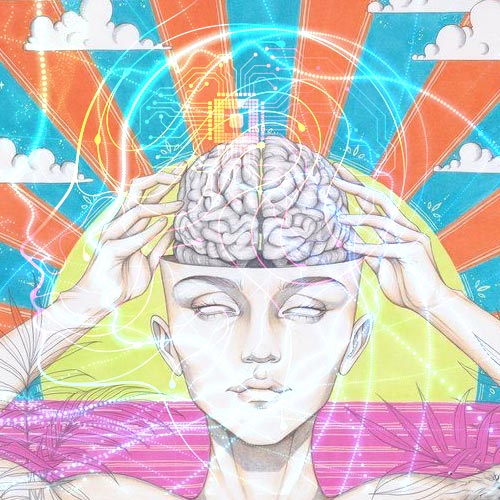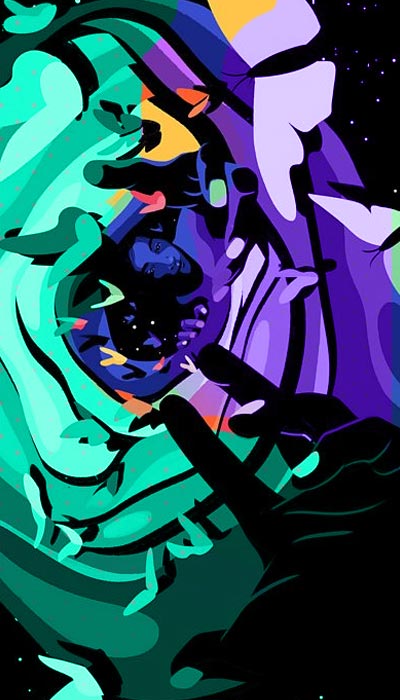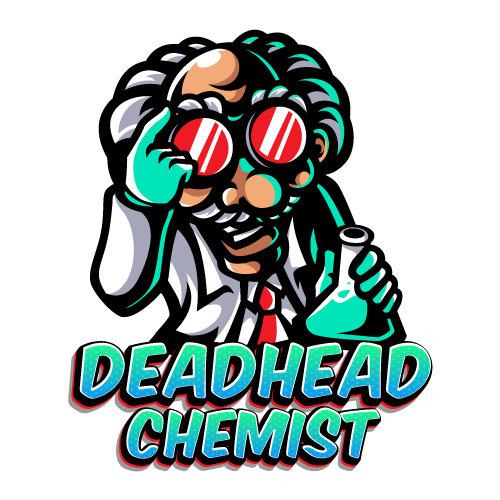
Introduction
The ineffectiveness of regular medicinal solutions in combatting has led top scientists and researchers in clinical studies to pay attention to psychedelics. Psilocybin is the subject of study in most of the ongoing research while a few other studies are looking at LSD and MDMA for the treatment of PTSD. Psilocybin is highly acknowledged for its safety properties and the potential to treat symptoms of multiple disorders. SSRIs are non-psychedelics that are also considered in treating these conditions. The benefits of psychedelics are abundant and that is what scientists are looking to discover in-depth.
Clinical trials have shown that therapeutic administration of psychedelics is capable of treating PTSD, mental disorders, addiction to nicotine, and alcohol. Research is ongoing at full speed to ascertain that psychedelic therapy gets approved across the world within the next five years. The focus is also on the capacity of psychedelics to treat other mental health conditions. The John Hopkins University has further expanded its research into the use of psilocybin in treating eating disorders according to its psychedelic and consciousness research center. The Psychedelic research unit of the Imperial College in London also aims to prove that study as well. Research teams at Yale and the University of Arizona are focusing on examining how Psilocybin works against OCD.
The general aim of the study of psychedelics also covers overcoming addictions to nicotine and alcohol. A study on the effect of Psilocybin on cocaine addiction is ongoing at the University of Alabama and while another study with the same substance to treat opioid use disorder will soon set sail in the University of Wisconsin. Studies into the use of psychedelics to treat cluster headaches and migraines are also in progress in Yale, Copenhagen, and Basel. According to information obtained from the Beckley Foundation, a sponsored trial of a study showed that a low dose of LSD can reduce pain.

HOW TO CHANGE YOUR ABILITY TO CHANGE
Psychedelics may be capable of treating mental health disorders and it is crucial to understand why they operate the way they do. Studies have shown that the mystical experience of the psychedelic trip may make it more likely to work. The accompanying feeling of ecstasy, the open-mindedness, unification between the mind and the body, the distortion of time and space. The experience can be difficult to describe with words. Researchers feel like this experience could be pivotal to psychedelic therapy. Psychedelics may sponsor the brain’s capability to reconnect broken nerve connections and rearrange itself. When administered to lab rats, it promotes active functioning of neuroplasticity in the pre-frontal cortex which showed that they are more effective and fast-acting than other substances. Studies in humans are not factual yet as researchers are committed to observing the long-term effects of psychedelics on the human mind. It still remains to be verified.
Psychedelics reduce the dangers of inflammation of the brain that is much more critical in some forms of mental disorders. The mitigation of inflammation may be important to improving mental health. If psychedelics prove effective in reducing inflammation, they could play active roles in treating Alzheimer’s disease and other disorders of the nervous system. There is no existing cure for the treatment of Alzheimer’s neither can it be slowed down. Researchers at John Hopkin’s University are working on the effect of Psilocybin treatment on depression as a symptom of Alzheimer’s disease and an enhancement of cognitive faculties function.
Microdosing has also being placed under the microscope to observe its benefits. Reports from users have shown that its effects are beneficial but science holds the key to its wide acceptance albeit after a lengthy period of study pending approval. These studies are being conducted on both healthy patients and none healthy ones. Since it is illegal in most countries, most of these studies are being conducted in private. The design of these studies would be advantageous in a natural setting but the availability of the perfect sample population could be a drawback. The accuracy of such studies will be questionable. Self-reports shared on social media have yielded both desired and unwanted outcomes.
There are several recent studies that include a controlled experiment with micro-dosing. The administration of LSD microdose to healthy volunteers carried out by a research team in Chicago has yielded both positive and negative effects. The ability of microdose of Psilocybin to treat depression is under evaluation since higher doses have detrimental effects. Microdoses are being counted on as a possible replacement for antidepressants for patients who are either unaffected by it or had an ugly experience with using antidepressants. It could also prove to be an interesting and safe way to improve mood and ultimately cognitive capabilities.

DMT
DMT also known as N, N-dimethyltryptamine is recognized for its unique properties that make it useful in psychedelic therapy. Its activity is brief but intense. It doesn’t build tolerance hence it could lead to an addiction unlike in LSD and Psilocybin. Scientists in London are evaluating DMT in determining how it affects brain function. DMT is also acknowledged as the only psychedelic substance that appears to be naturally occurring in the human brain. Researchers are definitely close to figuring it out.
DMT can also be found in a local Amazonian brew containing DMT named Ayahuasca in Brazil. Its effects on mental health and brain functioning are under observation. An Ayahuasca pill is being developed by researchers in Switzerland. The more unpleasant side effects could be tempered by the development of a synthetic pill that might be similar in effects to the Ayahuasca pill but less potent. This will also prevent the plant from going extinct. DMT has a close relative tagged 5-MeO-DMT. It is obtained by milking live toads. It has been proven by a team of researchers at the John Hopkins University that it might be capable of reducing the more adverse effects of depression and anxiety. However, scientists are working towards developing a more synthetic means of deriving the substance just like with Ayahuasca.
Participants being subjected to studies with psychedelics are subjected to brain scans under the MRI machine or using an EEG cap. This allows scientists to observe brain activity while the high is induced. The Maastricht University used the fMRI to capture the aspects of the brain that are responsible for ego dissolution. Neuroimaging and behavioral studies are also being used to determine how psilocybin improves creative thinking, emotions, and social cognition.
Swiss researchers have identified the necessary receptors that are important to observe the effects of psychedelics. The specific parts of the brain that are affected by psilocybin are the focus of these studies. Other researchers in Zurich are finding the connection between mindfulness meditation and psychedelics. So far, the little info obtained from these studies has led to the development of theories by neuroscientists to explain the peculiar effects of psychedelics. The entropic brain theory, developed by Dr. Carhart-Harris and his team in London which says that the position of consciousness lies between an orderly and chaotic brain activity. Psychedelics may push brain activity beyond normal levels into a chaotic state.
Conclusion
You can obtain any preferred psychedelic substance from us at deadhead chemist online dispensary. You can make use of the promo code DEADHEAD420 to enjoy a 20% discount on whatever you buy from us.

